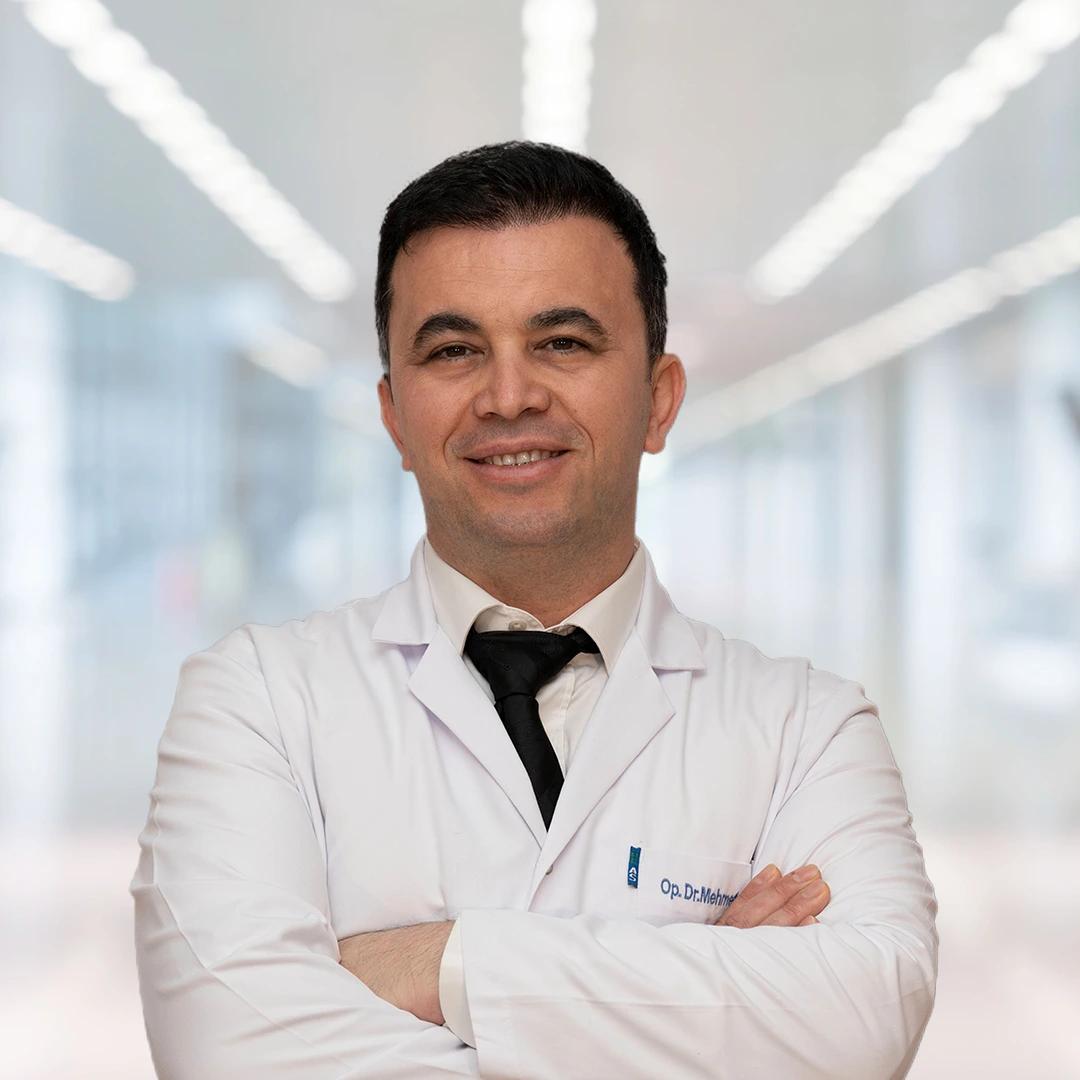ADVANTAGES OF EYE LASER SURGERY IN TURKEY
- Professional English, German, Spanish and Dutch-speaking care BEFORE and AFTER your eye surgery
- Cost savings compared to treatments in Europe
- Painless laser eye surgery at the highest level (original iLasik), including guarantee
- The prices above include transfer from IST or SAW airport to the hospital and from the hospital to the airport.
- Free accommodation (2 or 5 nights) at the clinic or low-cost room rates at one of our partner hotels
- Thousands of satisfied customers since 2002
- No advance payment required: payment on the spot
FREQUENTLY ASKED QUESTIONS – FAQ
What is a trifocal lens?
Trifocal lenses are acrylic lenses that help to see clearly without glasses in the distance, in the middle and near. These lenses are for life and are worn permanently. Before trifocal lenses, also known as intraocular lenses, are used, the patient is thoroughly examined. The patient’s general condition and eye structure are examined in detail to determine whether or not they are suitable for these lenses. For the suitable patient, it is important that these lenses are fitted by experienced surgeons. This is important for both patient satisfaction and the success of the procedure.
I want to get rid of my glasses, is the trifocal lens a solution for me?
Patients who do not have a cataract but want to get rid of their glasses can be treated with a refractive lens exchange with trifocal (intraocular) lenses. However, trifocal lenses are not suitable for every patient who wants to get rid of their glasses. The patient’s age and eye structure should be carefully examined.
Is there an age limit for trifocal lenses? Who is it recommended for?
Trifocal lenses are special lenses used in surgeries with intraocular lenses that are designed to correct vision at a distance, at an intermediate range, and up close. There is no specific upper age limit. In general, it is recommended for people over 40 years of age, since it is at this age that near vision problems (presbyopia) begin due to the loss of elasticity of the natural lens in the eye.
- Cataracts: In cataract surgery, the natural lens is removed and replaced with a trifocal lens. This both treats the cataract and ensures clear vision at all distances.
- Presbyopia: from the age of 40, trifocal lenses are ideal for correcting this condition, which causes problems seeing nearby objects.
- Impaired distance and near vision: trifocal lenses can also be used for eye defects such as myopia (long-sightedness) and hyperopia (short-sightedness).
- Dependence on glasses and contact lenses: For people who do not want to wear glasses or contact lenses in their daily lives, trifocal lenses can largely eliminate the need for glasses.
Who are trifocal lenses suitable for?
High-quality trifocal lenses are used for patients with high eye degrees and for patients with cataract problems. These people can use trifocal lenses if they want to live an eyeglass-independent life. It can be said that the satisfaction rate with trifocal lenses is high, especially in patients with hyperopia. These lenses are not implanted for everyone. For this reason, when deciding on the operation, details such as the patient’s profession, age, eye number and expectations of the procedure are taken into account.
These lenses are made of acrylic or silicone. They are designed to be worn for a lifetime. This way, they have a structure that will not deteriorate in the eye for a lifetime. However, it is important that the doctor performing the application is highly experienced.
Is the trifocal lens suitable for every eye?
Trifocal lenses are lenses that provide very good results for distance, near and intermediate vision and have a very high patient satisfaction. However, trifocal lenses are not suitable for every eye. Which lens is suitable for which patient and what the patient’s vision simulation looks like is therefore determined using I-TRACE technology during the preoperative medical check-ups.
Am I diabetic and is a trifocal lens suitable for me?
Trifocal lenses are lenses that provide very good results for distance, intermediate and near vision and have a very high patient satisfaction rate. However, trifocal lenses are not suitable for every eye. Which lens is suitable for which patient and what the patient’s vision simulation looks like is determined using I-TRACE technology during the preoperative medical examinations.
Trifocal lens types
Our hospital has FDA-approved intraocular lenses from world-renowned brands such as Alcon, Zeiss and Johnson & Johnson. Your doctor will help you choose the lens that is best for your eyes.
Can the trifocal lens be replaced later?
The choice of intraocular lens used in cataract surgery is crucial, as re-replacement is only recommended if there is a medical need. Since the use of a trifocal lens is not suitable for every patient, the right lens selection should be made carefully. Before surgery, the patient’s general condition and eye structure should be thoroughly examined. When fitted by experienced surgeons to appropriate patients, the success rate and patient satisfaction after trifocal lens surgery are quite high.
Who is not a candidate for a trifocal lens?
Trifocal lenses may not be suitable for people with severe eye diseases that affect the quality of vision, such as retinal problems or corneal irregularities. The doctor should assess compatibility with the eye structure by conducting a thorough examination.
What exactly happens during the procedure?
In Europe, the costs for personnel, facilities, advertising, taxes and social security contributions are significantly higher than in Turkey. Furthermore, the number of treatments in Europe is lower. At Kudret Göz Eye Clinic, the high volume of treatments leads to faster amortization of the expensive technical equipment – and to more experience for the doctors and service staff.
What about flights and accommodation?
Flights are not included. However, airport transfers to and from our hospital, transfers to the airport after surgery, accommodation in the hospital and breakfast, lunch and dinner in the hospital are included.
How long does laser eye surgery take?
The treatment takes about 15 minutes per eye. The actual laser time is about 5 seconds per diopter. This ensures that the cornea closes quickly and does not dry out. Most of the time is spent on the extensive preoperative examinations.
What exactly happens during the procedure?
Of course, you will be picked up from the airport and taken to your hotel. You will have plenty of time to relax before and after the treatment.

 Lens implantation
Lens implantation










